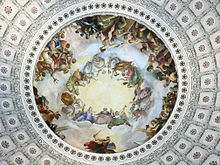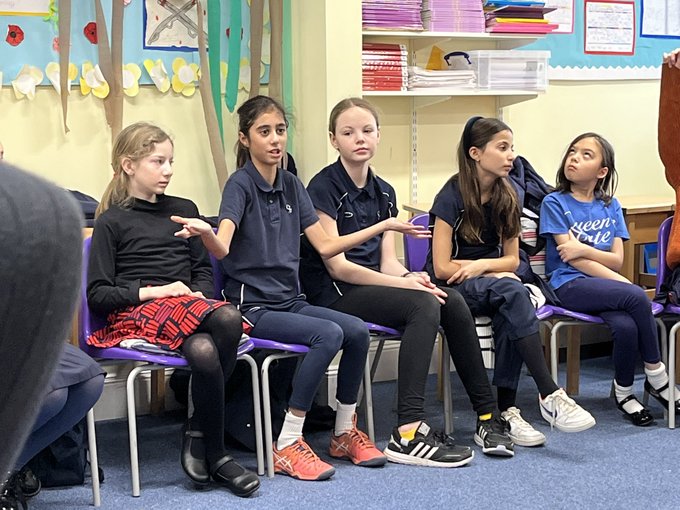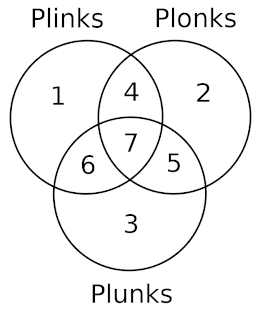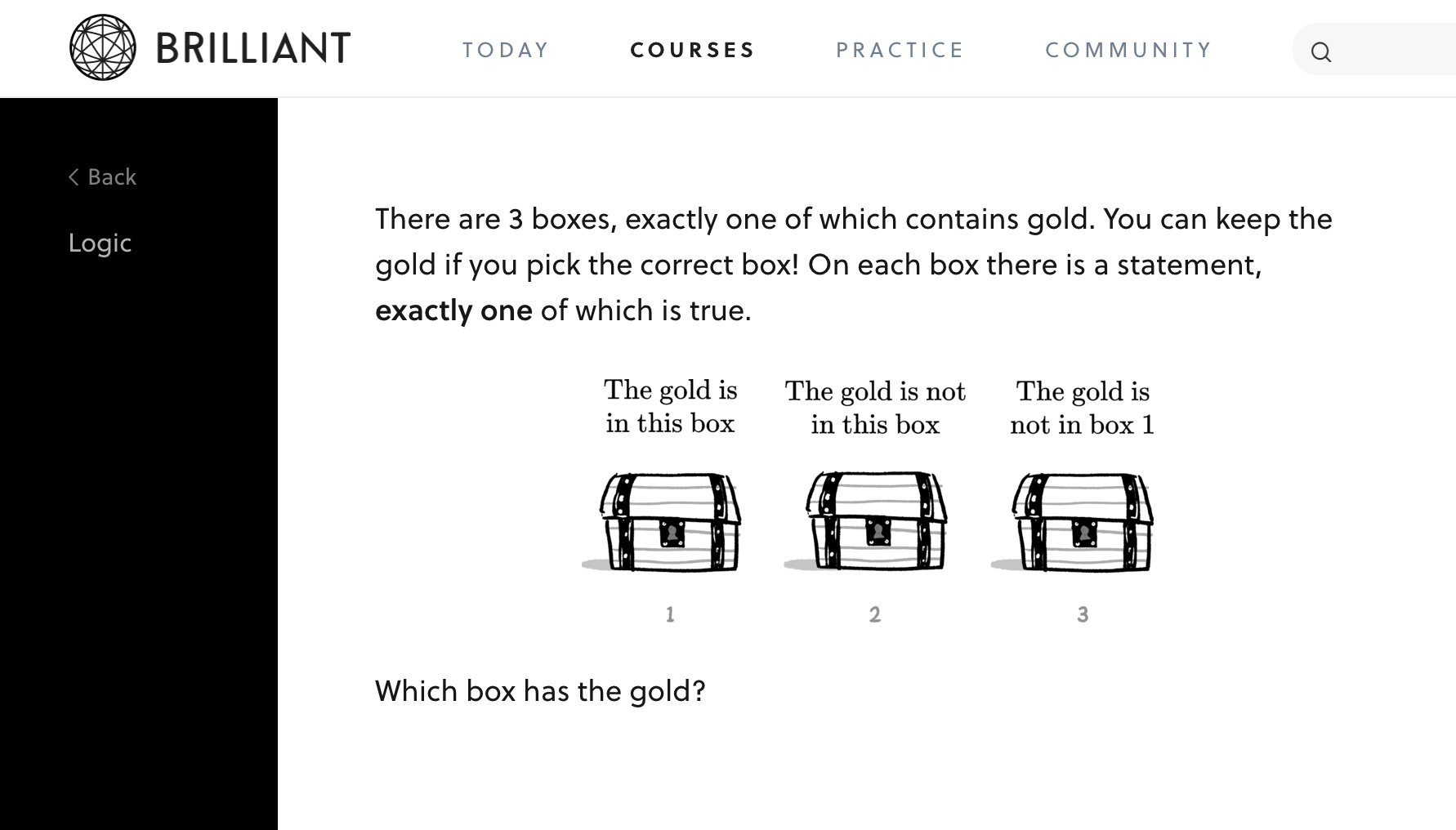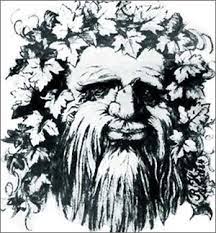
For instance, one of the core experiences of Time we have, but often don’t realize, is Eternal Repetition or Recurrence, meaning that beings lose their luster for us simply as a function of our spending time with them. Even a favorite song becomes a worn out recording, as Escape (The Piña Colada Song) by Rupert Holmes says.
Nietzsche poetizes it this way:
“What, if some day or night a demon were to steal after you into your loneliest loneliness and say to you: ‘This life as you now live it and have lived it, you will have to live once more and innumerable times more; and there will be nothing new in it, but every pain and every joy and every thought and sigh and everything unutterably small or great in your life will have to return to you, all in the same succession and sequence—even this spider and this moonlight between the trees, and even this moment and I myself. The eternal hourglass of existence is turned upside down again and again, and you with it, speck of dust!’ Would you not throw yourself down and gnash your teeth and curse the demon who spoke thus? Or have you once experienced a tremendous moment when you would have answered him: ‘You are a god and never have I heard anything more divine.”(Nietzsche The Gay Science, Aphorism 341)
We see this tragic thought expressed throughout our intellectual history:
(1) “All things are wearisome; more than one can express; the eye is not satisfied with seeing, or the ear filled with hearing. 9 What has been is what will be, and what has been done is what will be done; there is nothing new under the sun.” (Ecclesiastes)
(2) “26. Some people suffer from a surfeit of doing and seeing the same things. Theirs is not contempt for life but boredom with it, a feeling we sink into when influenced by the sort of philosophy which makes us say, ‘How long the same old things? I shall wake up and go to sleep, I shall eat and be hungry, I shall be cold and hot. There’s no end to anything, but all things are in a fixed cycle, fleeing and pursuing each other. Night follows day and day night; summer passes into autumn, hard on autumn follows winter, and that in turn is checked by spring. All things pass on only to return. Nothing I do or see is new: sometimes one gets sick even of this.’ There are many who think that life is not harsh but superfluous. (Seneca ep. mor. 24. 26).”
(3) “He who lives to see two or three generations is like a man who sits some time in the conjurer’s booth at a fair, and witnesses the performance twice or thrice in succession. The tricks were meant to be seen only once; and when they are no longer a novelty and cease to deceive, their effect is gone.” (Schopenhauer, “Essays on Pessimism”)
But Nietzsche points out if beings have no inherent luster, they are open to interpretation, and so are not tragic but joyous for those who bestow value rather than just trying find it. Hence, we find eternal return for Heidegger’s reading of Nietzsche thus refers to the manner in which beings appear, which is: they appear as though they’ve been encountered countless times before, and so lose their luster for us simply as a function of our spending time with them, that is unless we are artistic and creative.
Nietzsche knew this experience well even before he articulated eternal return as a concept, and so in a letter to Overbeck he talked about how he was oblivious to the cabin fever affecting his friends at a rainy cottage as he joyously worked on his Third Untimely Meditation (Nietzsche, 1975,: 11.3 382). To express this cabin fever Nietzsche gives the image of the caged bird:
In the Horizon of the Infinite. We have left the land and have gone aboard ship! We have broken down the bridge behind us, – nay, more, the land behind us! Well, little ship! look out! Beside thee is the ocean; it is true it does not always roar, and sometimes it spreads out like silk and gold and a gentle reverie. But times will come when thou wilt feel that it is infinite, and that there is nothing more frightful than infinity. Oh, the poor bird that felt itself free, and now strikes against the walls of this cage! Alas, if home sickness for the land should attack thee, as if there had been more freedom there, – and there is no “land” any longer! (Friedrich Nietzsche – The Gay Science Book III – Aphorism # 124)
Hence, we read Nietzsche in response to Schopenhauer and the tragedy of the “performance” imagery cited above:
[A]nyone who has done these things (and perhaps precisely by doing these things) will have inadvertently opened his eyes to the inverse ideal: to the ideal of the most high-spirited, vital, world-affirming individual, who has learned not just to accept and go along with what was and what is, but who wants it again just as it was and is through all eternity, insatiably shouting da capo not just to himself but to the whole play and performance, and not just to a performance, but rather, fundamentally, to the one who needs precisely this performance – and makes it necessary: because again and again he needs himself – and makes himself necessary. – – What? and that wouldn’t be –circulus vitiosus deus? (Nietzsche, Beyond Good and Evil)
So, that’s the kind of stuff I find really intellectually fascinating: when someone can un-hide a profound truth of the human condition for you, like one of those hidden gestalt images that is initially hidden, but once you see it you can’t unsee it!

You see the old man, but can you see the young couple kissing?
Hegel said we can un-hide the “Oneness” of the sock by tearing it in half, that in the tearing the Unity appears “as a lost unity.” He called this method of un-hiding “phenomenology.” What important truths of the human condition can you coax out of hiding? Remember, the great ancient Greek philosopher Heraclitus said “Being love to hide!”



